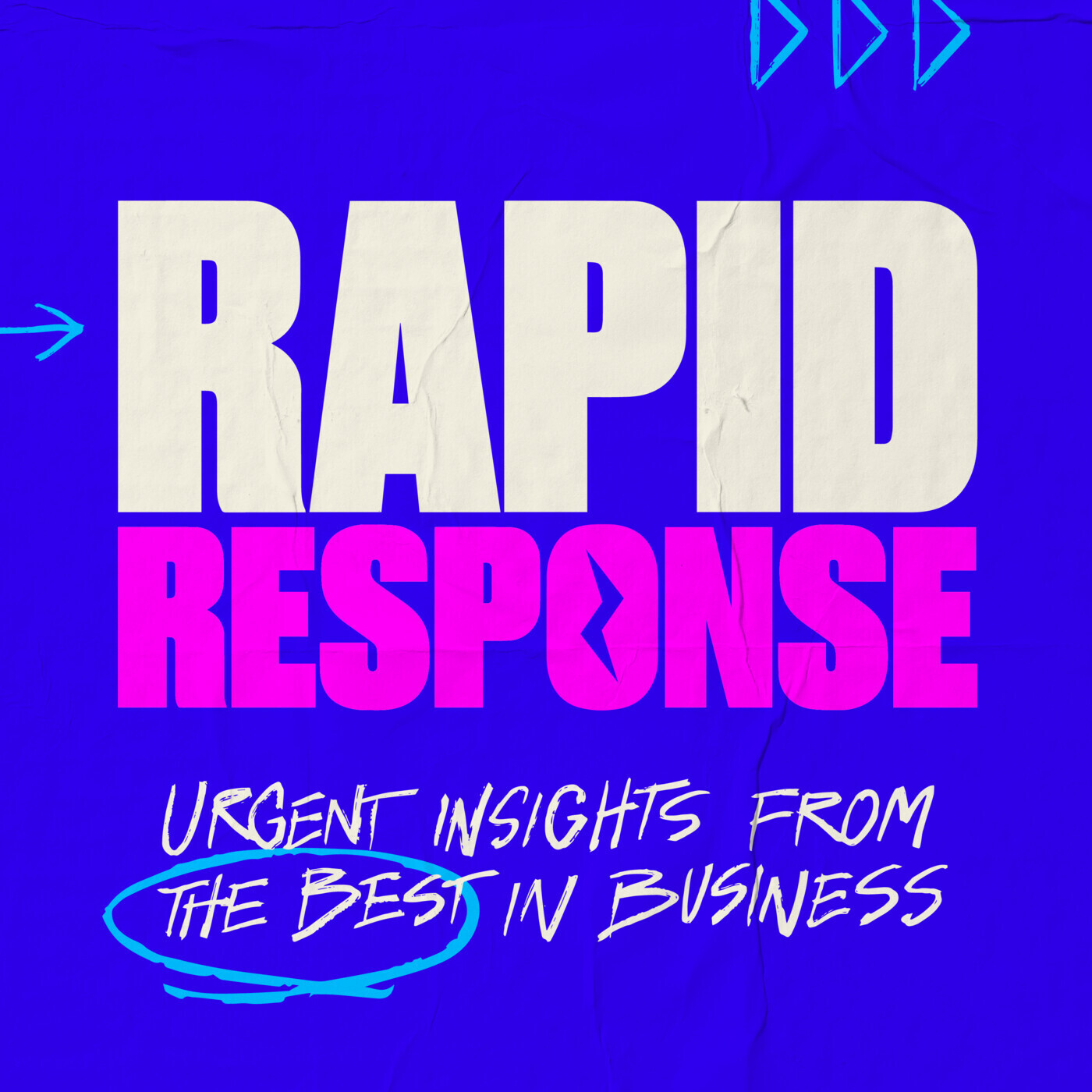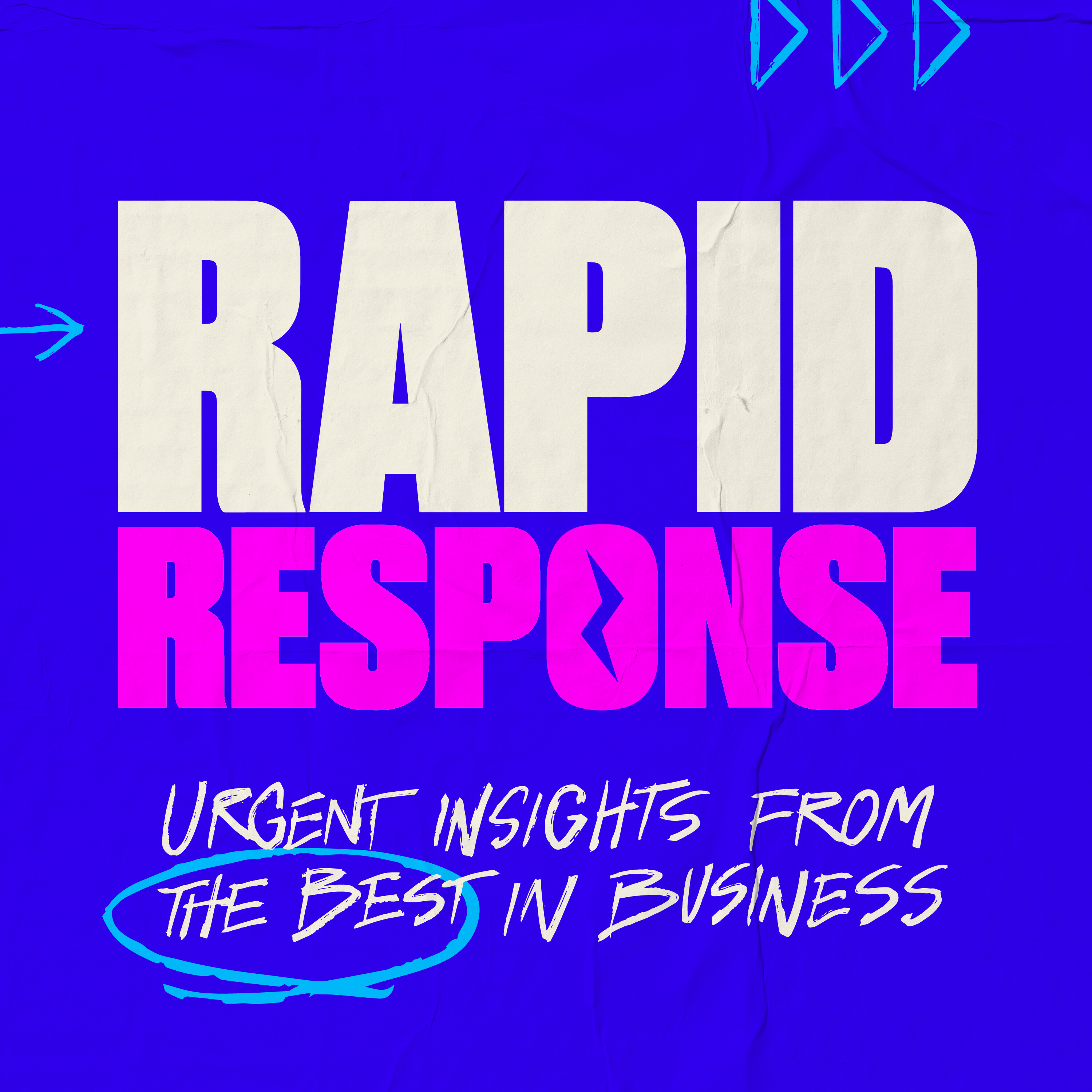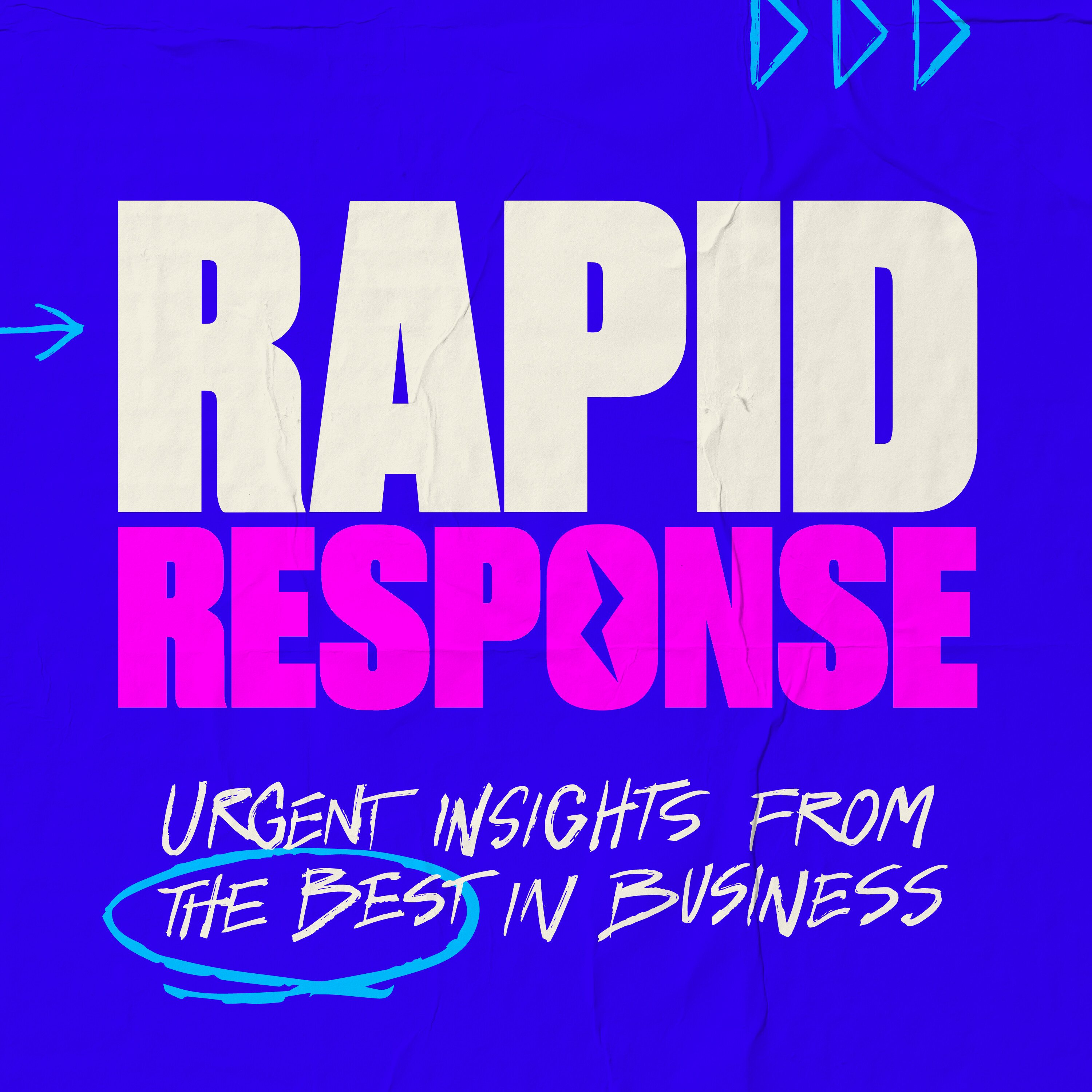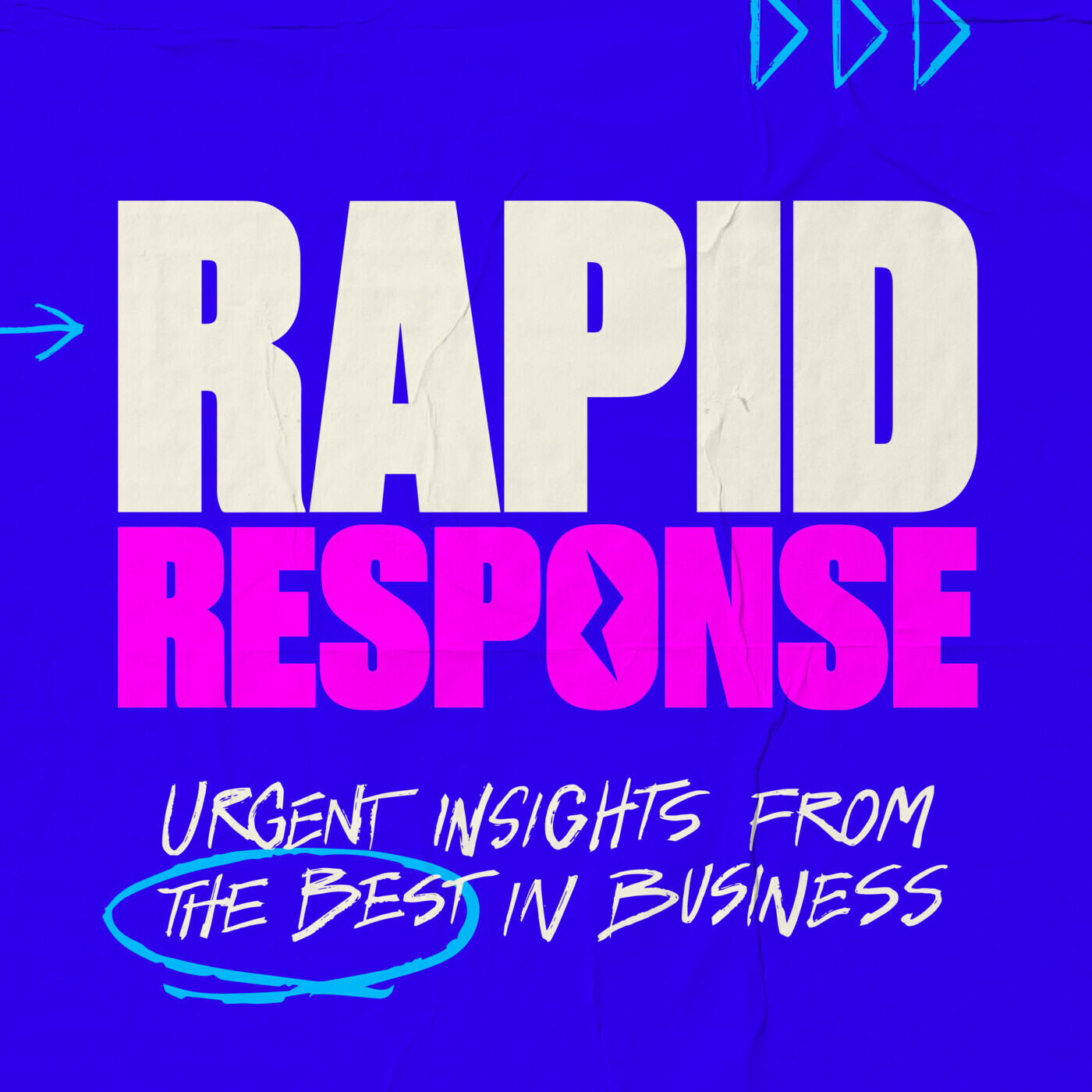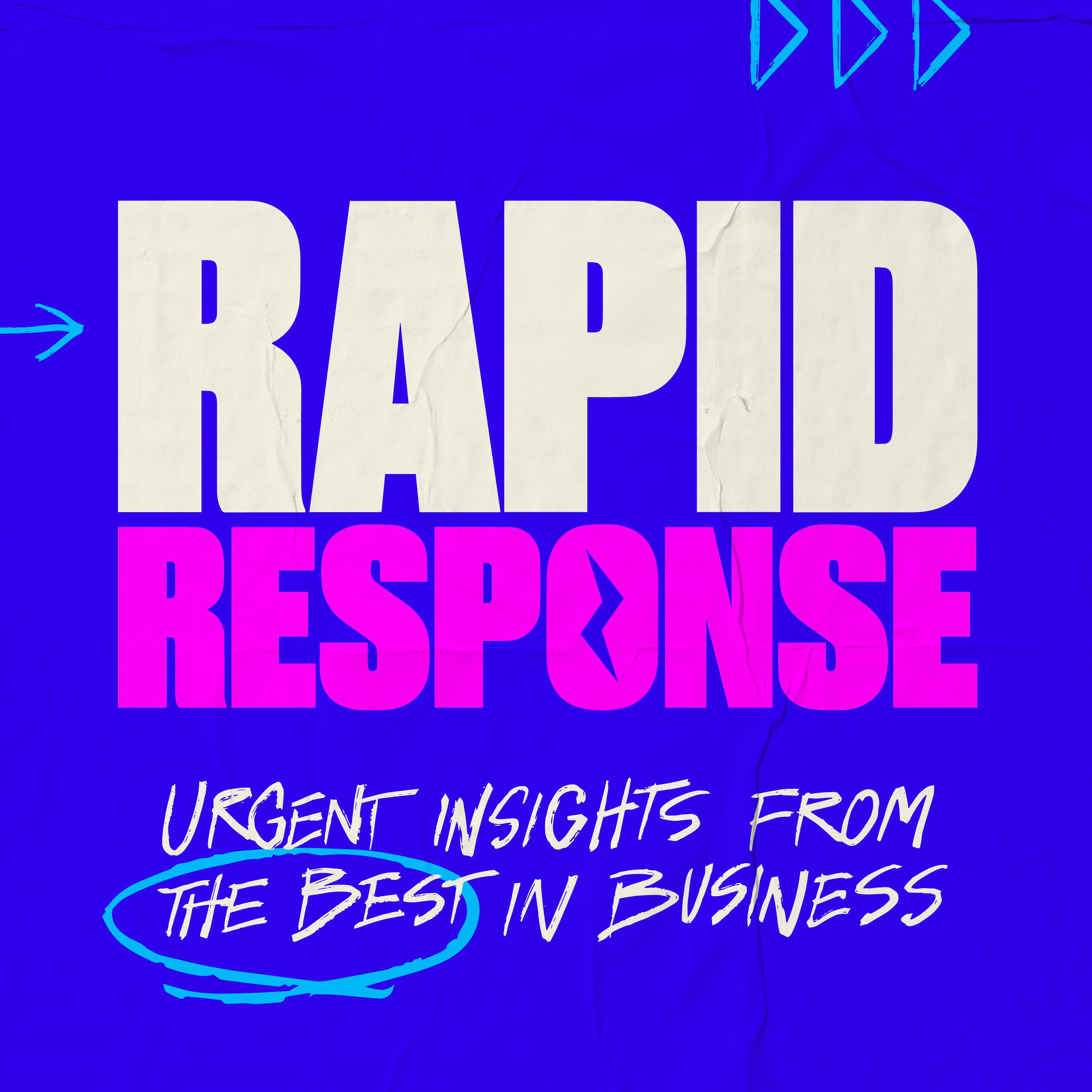
October 1, 2024 • 26min
Rapid Response: A new script for the book biz and Hollywood, with The Black List’s Franklin Leonard
Masters of Scale
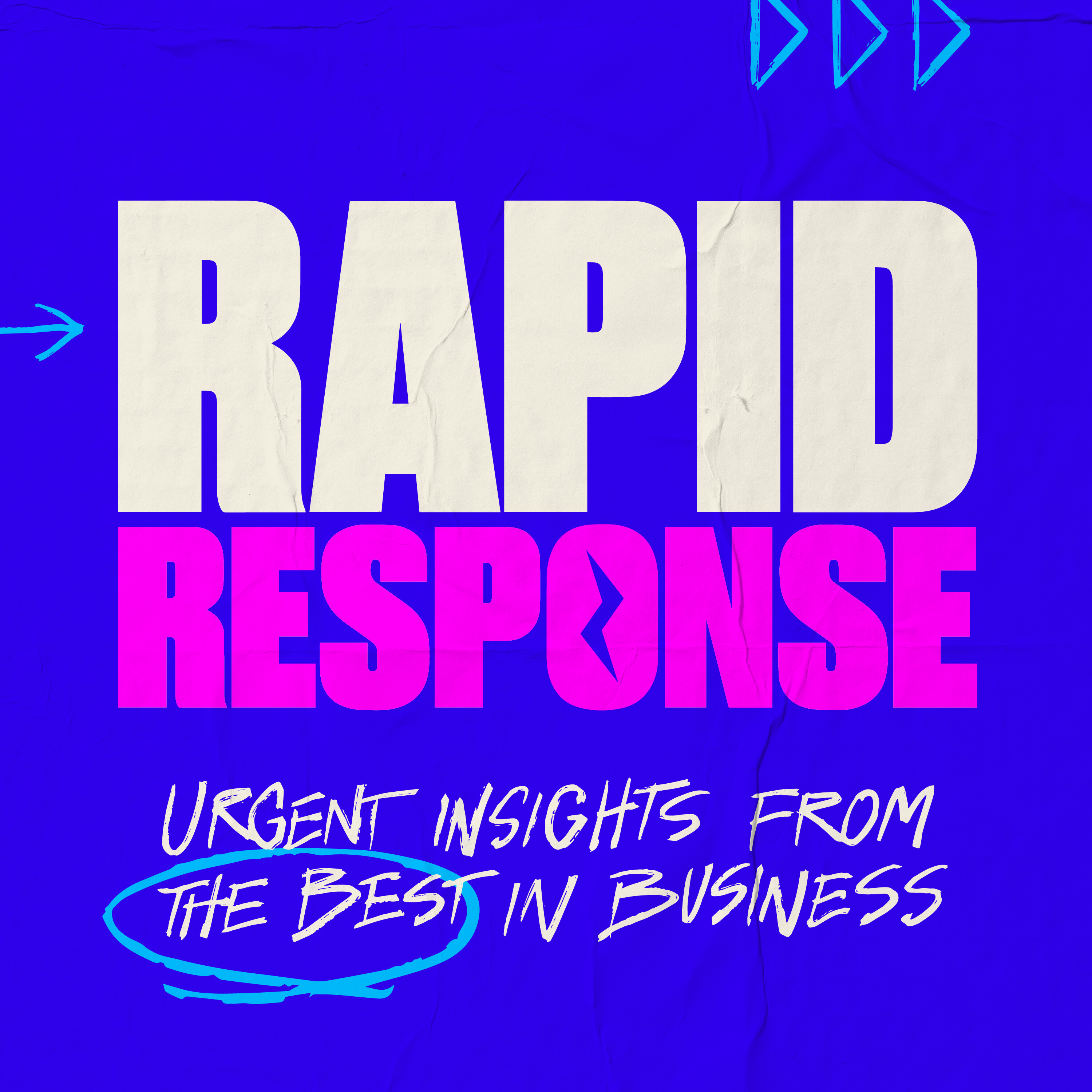
Key Takeaways
- The Blacklist is expanding from identifying overlooked movie scripts to now also highlighting promising unpublished novels
- There are many parallels between the film/TV and book publishing industries, including being hit-driven businesses with subjective products and limited risk-taking
- The Blacklist aims to be an "industrial-sized metal detector" to find great writing talent that traditional gatekeepers may miss
- Franklin Leonard believes many assumptions about what's "risky" in entertainment are flawed, leading to billions in missed revenue opportunities
- The Blacklist's model focuses on impact first, with the belief that solving problems will lead to profitable business opportunities down the line
- Leonard is optimistic about the future of creative industries but acknowledges increasing challenges for creators to execute their visions
- He's skeptical of using AI to review creative works, believing human emotional interpretation is key for evaluating art
Introduction
Franklin Leonard is the founder and CEO of The Blacklist, a platform that has reshaped Hollywood by identifying overlooked, unproduced movie scripts. The Blacklist started as an annual survey of Hollywood's most liked unproduced screenplays and has grown into a platform for writers to get feedback and exposure for their work. Now, The Blacklist is expanding into the book publishing world, aiming to identify promising unpublished novels.
Topics Discussed
The Blacklist's Expansion into Book Publishing (03:19)
Franklin Leonard explains that The Blacklist is expanding into fiction novels after years of requests from the book publishing industry. He conducted research and found many parallels between the film/TV and publishing industries:
- Both are hit-driven businesses with subjective products
- There's a superabundance of material that's impossible for industry professionals to fully evaluate
- Both face increasing revenue and cost pressures
The Blacklist aims to be an "industrial-sized metal detector" to find great writing in "an infinite pile of haystacks." Writers can now create profiles on The Blacklist website to list their novels, making them searchable by people in publishing, film/TV, and theater. They can also host their work on the site and purchase feedback.
"If you are a novelist, if you are, have an unpublished novel, a self-published novel, a published novel, you can create a writer profile on Blacklist website, list all the things that you created so that they're searchable by people in the publishing, film and television and theater businesses."
Linking Publishing and Hollywood (09:43)
Leonard discusses how The Blacklist is connecting the publishing and film/TV worlds:
- For many authors, film/TV adaptations offer the biggest financial upside
- Book adaptations provide built-in audience interest for Hollywood projects
- The Blacklist partnered with producer Simon Kinberg to option a manuscript found through the platform in its first year
"These two businesses are increasingly interdependent. Getting your book adapted into a movie or TV show is great for book sales. And on the Hollywood side, when you think about the movies and TV shows that are getting greenlit, having some pre-existing material with which an audience is already familiar is a big boost to your marketing plan because you already have some built-in interest."
The Blacklist's Business Model (11:08)
Leonard explains that The Blacklist charges writers for specific services (feedback and hosting) but doesn't take a stake in projects discovered through the platform. He believes this approach allows writers to pursue the best deals for their work without The Blacklist's involvement limiting their options.
The company has been profitable since day one without raising outside capital. Leonard sees potential for building additional businesses on top of The Blacklist's foundation now that it has expanded into manuscripts.
Diversity and Economic Opportunity in Entertainment (17:15)
Leonard discusses the economic impact of diversity in entertainment:
- A McKinsey study found Hollywood loses about $10 billion annually due to anti-Black bias
- Similar studies showed $12-18 billion lost annually regarding the Latinx community and $2-4 billion for the Asian American community
- Leonard questions the competence of industry leaders who aren't optimizing for these audience opportunities
"So we're talking about $30 billion a year that Hollywood is leaving on the table because they're not optimizing for the audience that they're trying to serve."
Challenging Assumptions About Risk (19:12)
Leonard argues that many assumptions about what's "risky" in entertainment are deeply flawed:
- For years, female-driven action movies were considered risky, leading to films like The Hunger Games being passed on by multiple studios
- There was a long-held belief that "Black movies don't sell abroad" despite evidence to the contrary
- A Harvard Business School study found that movies made from Blacklist scripts earned 90% more in revenue than non-Blacklist scripts, controlling for other factors
"My argument is, what if our assumptions about what is risky are deeply flawed? And so we've been making decisions about risk assessment that are wrong."
The State of the Entertainment Industry (22:02)
Leonard expresses optimism about the creative potential in entertainment while acknowledging increasing challenges:
- It's harder for creators to get budgets and resources for distribution
- However, this is the first era where many previously excluded groups have a chance to make content
- He challenges the nostalgia for past eras, noting that even in 1999, many top movies were sequels, remakes, or adaptations
"I'd rather be in this era and be able to enjoy the bounty of those folks than a sort of fictive history where, oh, everything was easier."
AI and the Future of Writing (24:44)
Leonard is skeptical about using AI to review manuscripts or creative works:
- He believes AI hasn't proven it can interpret information the way the human brain does, especially regarding emotion
- Art is fundamentally about human experience and creating emotional effects in others
- The Blacklist tests for emotional responses that Leonard doesn't believe AI can replicate
"I don't think that AI has yet made anything remotely close to a compelling case that it is interpreting information in the way human brain does, specifically as it applies to emotion, which is ultimately the thing that art is trying to have an effect on."
The Changing Nature of Writing Careers (26:19)
Leonard discusses how writing careers have already changed:
- TV writing schedules and job stability have shifted dramatically
- Writers now often work in shorter bursts and must promote themselves more actively
- However, the core act of writing remains unchanged
"At the end of the day, to be a professional writer, you got to be writing, and that hasn't changed. You have to go into a room by yourself and put one word after the other and tell a story that moves people."
Conclusion
The Blacklist's expansion into book publishing represents a significant opportunity to reshape another creative industry by identifying overlooked talent. Franklin Leonard's approach challenges long-held assumptions about risk and diversity in entertainment, potentially unlocking billions in missed revenue. While the creative industries face increasing challenges, Leonard remains optimistic about the future and the potential for great storytelling to break through. The Blacklist's model of focusing on impact first, with the belief that solving problems will lead to profitable opportunities, offers lessons for entrepreneurs in any field looking to disrupt established industries.

